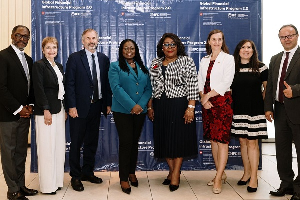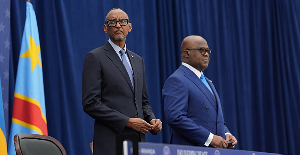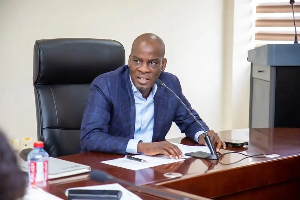To promote access to finance for smaller enterprises, women- owned businesses and under-served individuals, IFC today launched Phase Two of the Global Financial Infrastructure Program (GFIP 2.0) in collaboration with the Bank of Ghana and the Office of the Registrar of Companies.
The program will support Ghana’s credit reporting system to broaden its reach and coverage, help strengthen the regulatory framework for movable asset financing, and promote the introduction of innovative lending products to expand business financing options.
In addition, GFIP 2.0 will support the implementation of legislation that defines how to support businesses that are in financial distress and recovery. The program is supported by the Swiss State Secretariat for Economic Affairs, SECO.
Micro, small and medium enterprises, which employ approximately 80 percent of Ghana’s workforce and are key to the economy, struggle to access finance due to a lack of physical immovable property traditionally preferred as collateral by banks, such as real estate or land titles, as well as a lack of formal credit profiles and strict lending requirements imposed by banks.
A strong credit ecosystem is essential to providing businesses with the capital they need to stay afloat, grow and make a positive economic impact.
“Access to finance is a critical driver for business growth and innovation,” said Kyle Kelhofer, IFC Senior Country Manager for Ghana, Liberia, and Sierra Leone. “With GFIP 2.0, IFC and our partners aim to bridge the financing gap for women-owned enterprises and underserved individuals, reinforcing our dedication to equality and prosperity for all.”
“The launch of GFIP 2.0 is yet another milestone in our global partnership with IFC,” said Simone Haeberli, Head of Cooperation at the Embassy of Switzerland to Ghana, Benin, and Togo.
“By strengthening Ghana’s financial infrastructure, we are supporting MSMEs and ultimately a broader economic development in Ghana.”
In the last five years IFC and SECO have collaborated on range of advisory programs in Ghana, focused on facilitating access to finance for underserved populations and improving the financial infrastructure of Ghana.
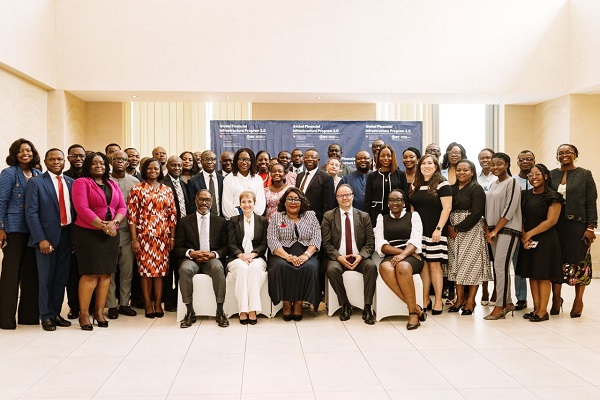
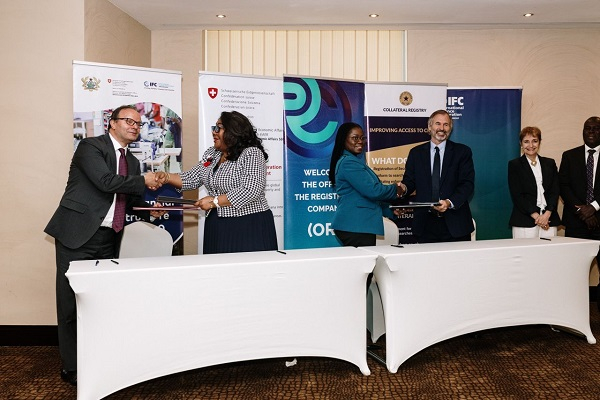
Business News of Monday, 20 May 2024
Source: IFC
IFC launches Global Financial Infrastructure Program 2.0 to promote access to finance in Ghana
Entertainment


